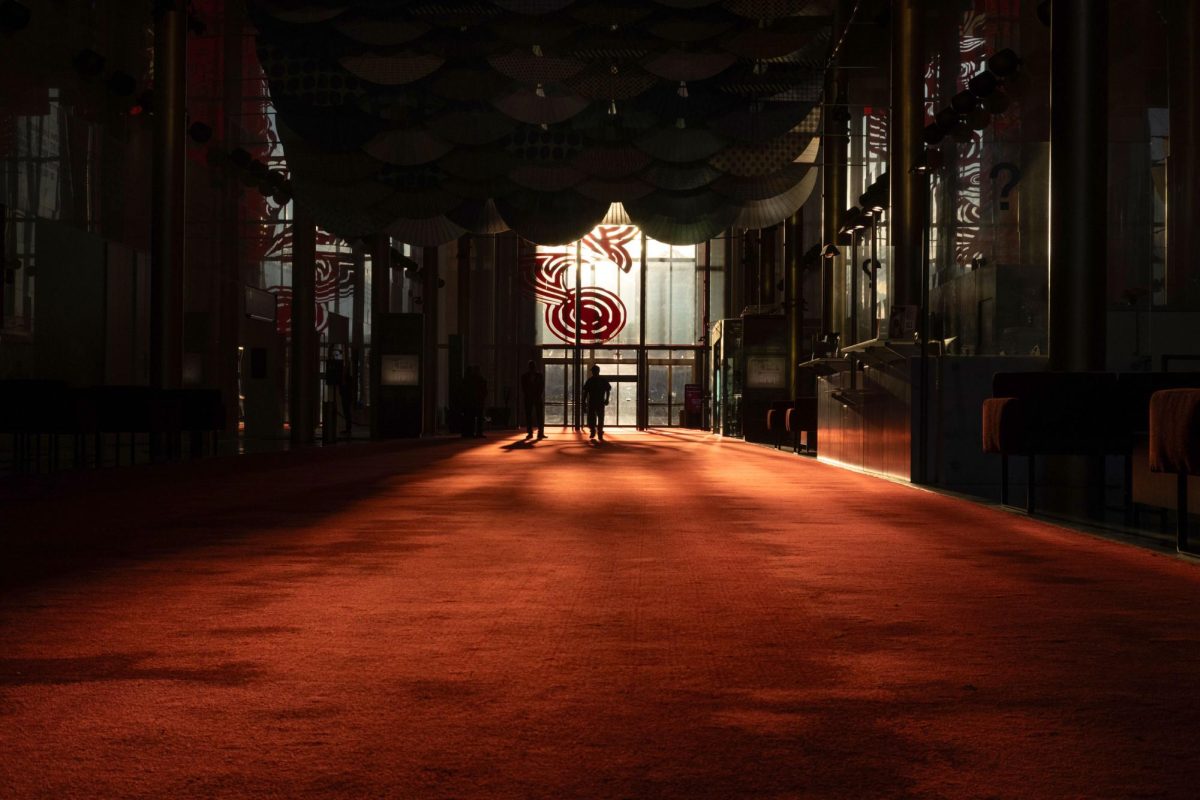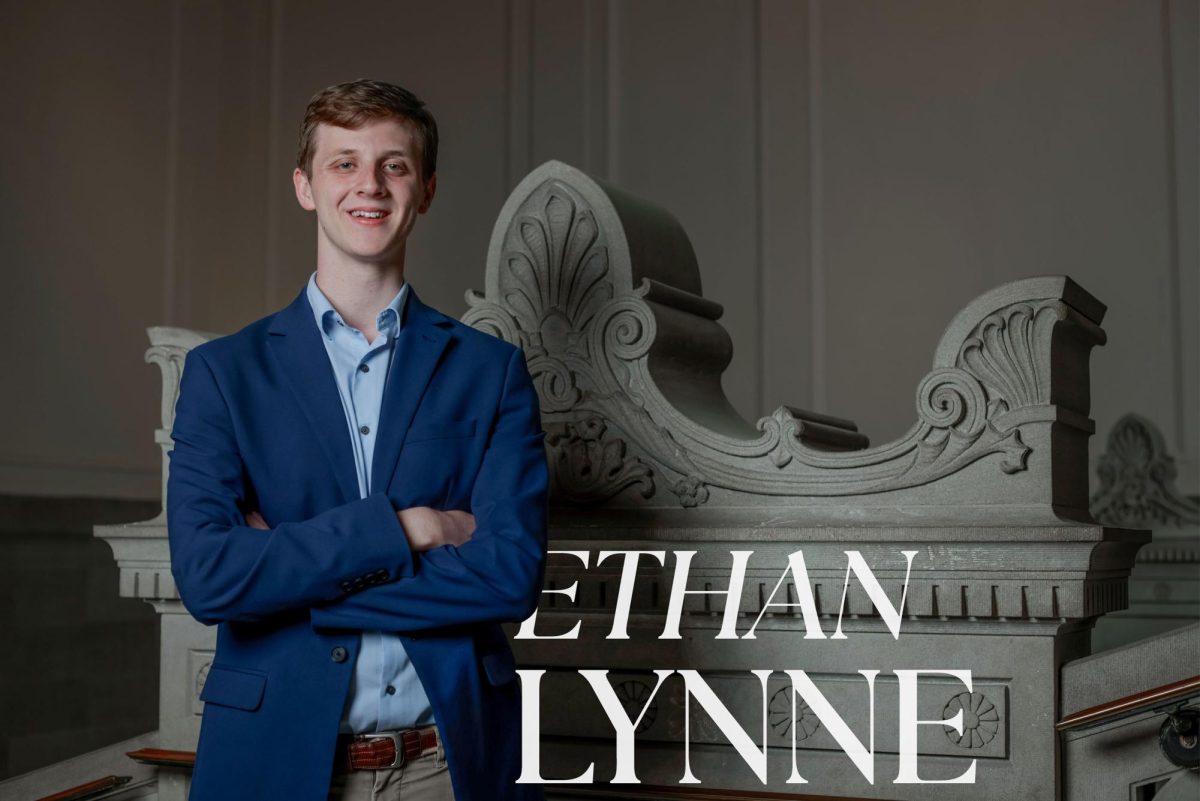Parking fines in sections of Foggy Bottom could double from $50 to $100 in high-traffic areas during rush hour if the D.C. City Council passes an October resolution from Mayor Anthony Williams (D).
The new fine program will apply to all of the District’s major streets and about half of the minor and secondary streets, said Bill Rice, spokesperson for the Transportation Division of the D.C. Department of Public Works.
In Foggy Bottom, the fines would affect parking on 19th and 23rd streets and Pennsylvania and Virginia avenues.
The fine resolution aims to reduce traffic and illegal parking during the District’s busy rush hour, Rice said.
The program could go into effect as late as the end of December.
Williams announced the plan Oct. 12, sparking debate about the Mayor’s power to enact legislation.
Williams did not present his proposal to the City Council – something council members said he must do in order for the new policy to take effect.
Students and Foggy Bottom residents had mixed reactions to the proposal.
Rush hour is so bad, said Dorothy Miller, commissioner from the Ward 2A Advisory Neighborhood Commission, who lives in the Columbia Plaza apartment complex. I think something has to be done.
Junior Sarah Masseth said she agrees.
Nobody likes getting a parking ticket, this just makes it more aggravating, she said. I park in a garage, but cars left on the street during rush hour are a nuisance. It makes it more difficult to get from here to there when you are already battling traffic. But honestly, what is another $50 to the people who can afford to live and park around here?
Tybee Kiedjan, a junior who lives in New Hall on 23rd Street, said the proposal, if passed, could limit her parking options.
That means I have to start being more careful when I park in front of the dorm, she said.
Carol Schwartz, chairwoman of the Council’s public works committee, said she agrees with the policy but disagrees with the mayor’s methods.
Such an increase has to come before the Council, Schwartz said. (Mayor Williams) has asked for the ability to do fine increases unilaterally, but I have not given him that ability because I think checks and balances are important to our citizens.
Under District rules, once a proposal is submitted, the Council has 45 days to review it.
At the end of that (45-day) period, if the Council doesn’t act, the law goes into effect, Rice said. If they vote against it, it doesn’t go into effect. Rice also said that the Council can speed up the process by voting for the resolution before the 45-day period ends.
The Council may also hold public meetings about the proposal during the review period, Rice said.
The mayor submitted the policy to the Council Oct. 30, starting the 45-day review period, which ends Dec. 28. Rice said he expects the resolution will pass.





